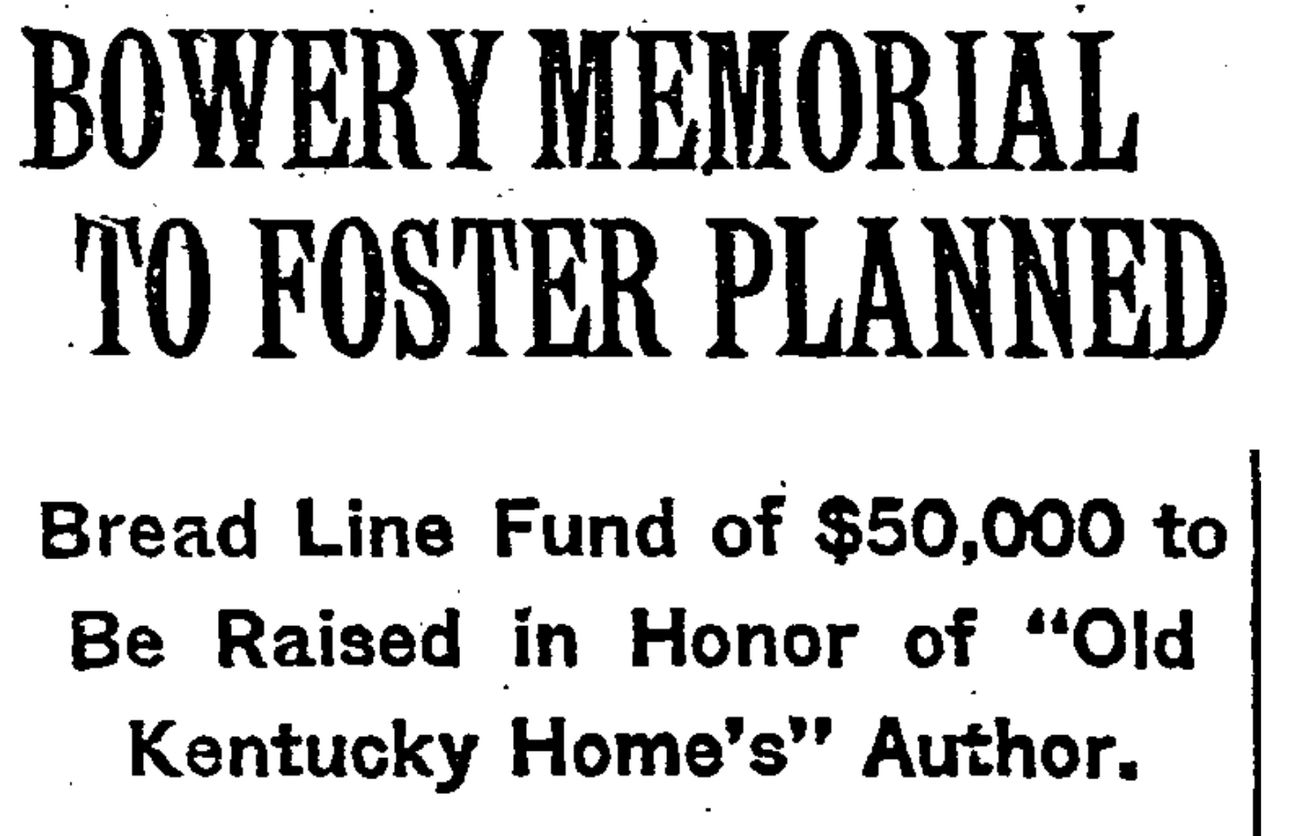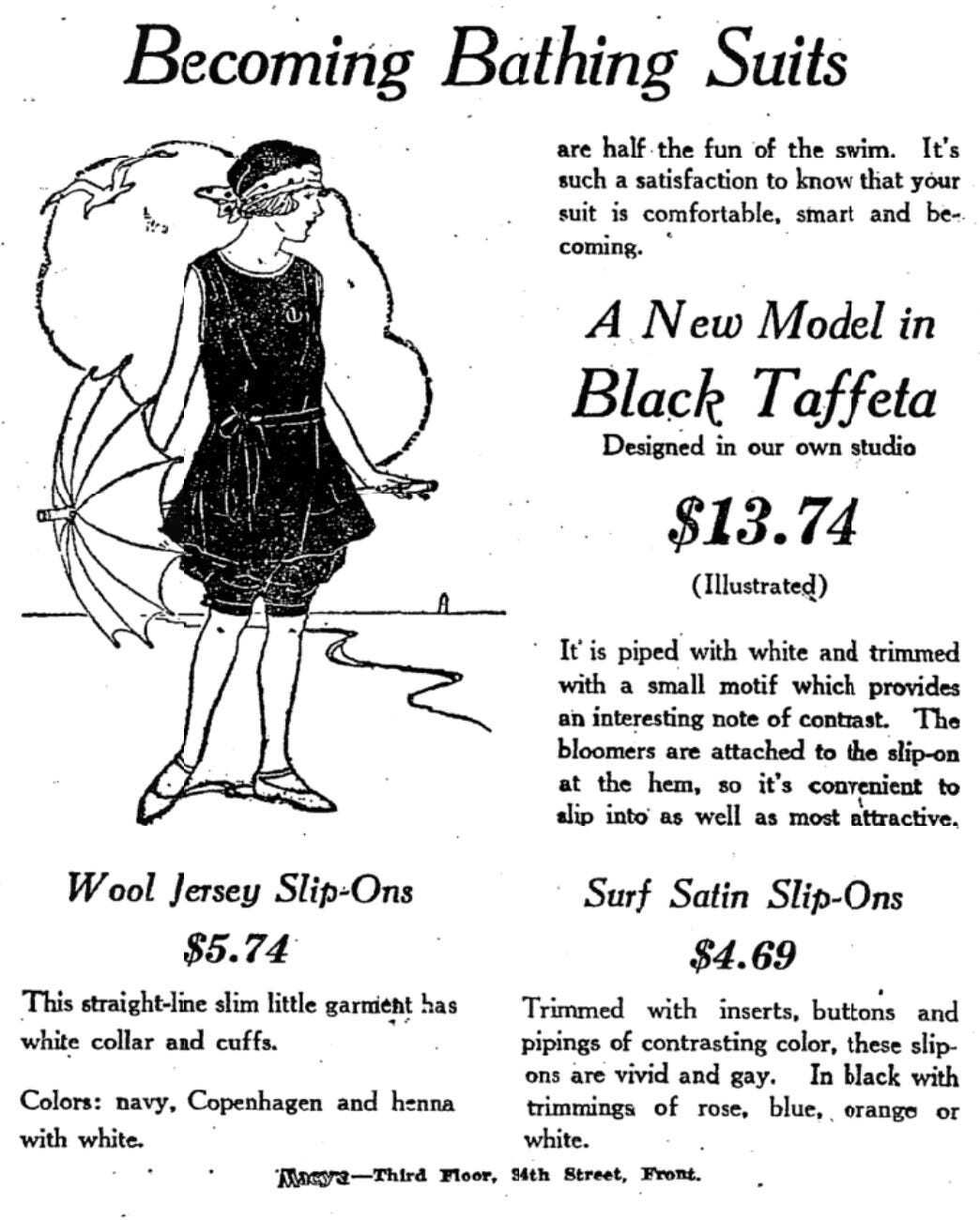- Strange Times
- Posts
- Strange Times 170: Weird Night Ceremonies
Strange Times 170: Weird Night Ceremonies

What’s that? W.M. Akers is selling MERCH? Fascinating!
Today we have three tales of white supremacy at its most vicious, in Georgia, Ohio, and the back alleys of the Bowery. Reckon with the horrors of our history on…
June 19, 1921
Rumors swirl in Europe that Lenin has privately admitted the failure of the Bolshevik project, suggesting that the Communist government may collapse at any moment.
The father of one of four girls expelled from Wellesley for attending an unsanctioned dance mocks the college for its “New England prudishness,” saying that the party “was no more wild than we have in Chicago every day.”
Chinese-American waiters Henry Chine and Thomas Ting are arrested in New York and charged with trafficking white women between the Chinatowns of New York and Philadelphia as part of a white slavery ring.
The Weather: Unsettled today and Monday; probably thunder showers; moderate to fresh shifting winds.

As promised, we have the tragic conclusion to the tale of John Henry Williams, first encountered here in Strange Times 168. His story is told much more fully in this blog post and this fascinating 2021 article from the Northwestern Law Review, which notes two particularly horrifying details overlooked by the Times: first that Williams’ was sentenced to death after just five minutes’ deliberation by the jury, and secondly that he was burned to death because “Although the law guaranteed Williams’s death, the underlaw of racial subordination demanded not only his death but the annihilation of his personhood.”
MOULTRIE, Ga., June 18.—John Henry Williams, a negro, convicted of the murder of Lorena Wilkes, a twelve-year-old girl whose body was found near Autreville, Ga., last Monday, was taken from officers by a mob today, carried to the scene of his crime and lynched.
The officers were overpowered while taking the prisoner from court after his conviction.

Meanwhile, in Cincinnati, a gathering of men in white robes gives us the opportunity to consider Edward Y. Clarke and Elizabeth Tyler, the creators of the modern Ku Klux Klan.
CINCINNATI, June 18.—Residents of Cincinnati were startled today to learn that early this morning on top of a wooded knoll within twenty miles of Cincinnati 300 men knelt before a flaming cross, held aloft by a weird, white-robed, masked figure and swore allegiance to the principles, laws and orders of the Ku Klux Klan.
It is stated that more than 2,000 white robed and hooded figures, each unknown to the other, swore allegiance to the Klan’s creed which included “100 per cent. Americanism, the sanctity of the American home, the chastity of American womanhood and the supremacy of the Caucasian race.”
Membership in the order from twenty-two cities of Ohio, Kentucky and other States was represented at the gathering. More than 500 automobiles were utilized in carrying the Klansmen and the neophytes to the place of meeting.
The conclave was the occasion for the welcoming in this city of Edward Y. Clarke, Chief of Staff of the order, who had journeyed from Atlanta, Ga., the home of the rebirth of the Ku Klux Klan six years ago.

And lastly, stories from the final years of Stephen Collins Foster, the most prominent white songwriter of the 19th Century, whose famously racist music is still held in official esteem across the American south. Although his music was repellent, Foster’s life and death on the Bowery are nothing to smile about. Still, it’s telling that the Times spent 693 words recounting his tragic end, while John Henry Williams got only 54.
A unique memorial to Stephen Collins Foster, who wrote “Way Down Upon the Swanee River,” “My Old Kentucky Home,” and many other songs that have been favorites for fifty years, is being planned for the Bowery, where he spent the last few years of his life and whence he was taken to die in Bellevue Hospital. The memorial will take the form of a $50,000 fund for the support of the Bowery bread line.
Next Wednesday night a meeting will be held in the Bowery Mission, at which Harold Vincent Milligan, organist and the biographer of Foster, will play, and Olive Nevin, a cousin of Ethelbert Nevin, the composer, will sing some of Foster’s songs before the men out of work who depend on the mission for food.
The plan for the fund, which has been suggested by Mr. and Mrs. Milligan, who long have been interested inthe Bower and, through their musical work, in Foster, will be outlined by Mr. Baker, director of the mission. He will tell the men of Foster’s life and of the fund and give some of them who have a small amount of money or who are able to get work occasionally opportunity to contribute to the fund. It is not expected that more than a few dollars will come from this source, but Mr. Baker believes that even that would be a remarkable tribute to the memory of the man whose songs have comforted even the wrecks of the Bowery.
Foster usually has been pictured as a broken and dissolute man who drank himself to death. Mr. Milligan, in his story of Foster’s life, shows that such is not the case, and that even in his last years the composer had a fairly steady but small income. Drink was his misfortune, and because of it he lived the last few years of his life in a Bowery lodging house and spent most of his days in a little room back of a grocery store at Hester and Chrystie Streets. In 1863, the year before he died, he wrote in those places forty-eight songs, his greatest production in any year, and partly because he was driven to write through desperate need of money.
In the backroom of the grocery he met George Cooper, a young man who, before and after he had spent two years in the army, wa sa constant companion of the song writer. Cooper wrote some of the words for Foster’s songs. At that time Foster was living at 15 Bowery, in a lodging for which he paid 25 cents a night. He had an income then of about $1,500 from his songs. Although he had little for himself, he supported his wife and daughter, who were living in Pittsburgh. Foster’s need was so great that during the time he worked on the Bowery with Cooper, he sold all his songs for cash and frequently got no more than $25 for them.
Mr. Milligan tells that one day the two friends wrote “Willie Has Gone to the War,” and after it was finished Foster rolled up the manuscript and tucked it under his arm. Snow was falling, and Foster’s shoes were wrecks. The two men started up Broadway. At Wood’s Music Hall, the proprietor called to them and asked, “What have you got there, Steve?”
The song was sold on the spot for $10 cash and $15 was to be paid at the box office in the evening. In January, 1864, Foster met with an accident in his lodging house. Cooper found him on the floor, badly hurt. Foster died two days later in Bellevue hospital. His brother and widow arrived the next day and Foster’s body was taken to Pittsburgh, where it lies in Allegheny Cemetery.
“If there had been a Bowery Mission in those days Foster might not have died as he did,” said Mr. Baker yesterday. “He never ate regularly and the food he did get was often raw turnips. If we can raise this $50,000 which has been suggested by Mr. Milligan it would support the bread line indefinitely and would do more good than anything I can think of.”




